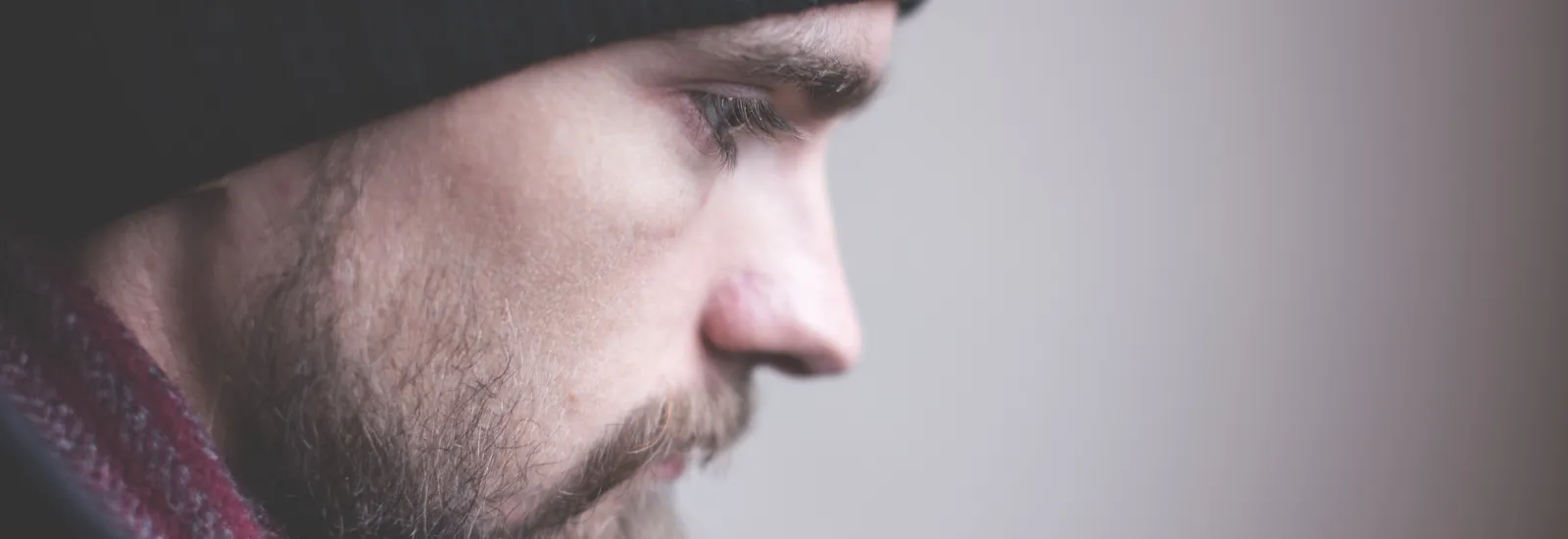
Post-holiday depression: Coping with the winter blues
4-minute read
For many people, the end of the calendar year is a departure
from their normal routine. There's Christmas, Hanukkah, the New Year, and other
holiday celebrations. Students have a break from school, adults take time off
from work, and people spend time with friends and family members. Despite all
the festivities, you might feel a sense of post-holiday depression.
Once the holidays are over, it can be difficult to
transition back to your usual schedules and routines. Shorter, cold winter days
can make people feel sad and anxious.
Why do people feel sad after the holiday season is over?
The post-holiday blues are normal. You might feel sadness,
disappointment, depression, or anxiety. The cause of these feelings can vary.
For some people, the holidays are a happy time they look forward to all year.
The weeks that follow, therefore, can feel dull and unexciting.
For others, the holidays can be more challenging. Family
gatherings can be stressful and might feel emotionally draining. Those who have
lost a loved one might find themselves feeling
particularly sad or lonely during this time of year.
Whether you felt positive or negative about this time of
year, the emotional highs and lows can make your body produce adrenaline and cortisol. Once the holidays are
over, the withdrawal of these stress hormones can affect your mood.
Feeling anxious or depressed can come after a big trip, too.
This is known as post-vacation syndrome. Planning a vacation creates feelings
of excitement and anticipation. Once it's all over, a person might feel
stressed about returning to work and resuming their day-to-day responsibilities.
Signs and symptoms of
post-holiday depression
During the first few weeks of the New Year, a person might
experience the following symptoms:
- Difficulty concentrating
- Insomnia
- Irritability or mood swings
- Lack of motivation
- Stress or anxiety
The signs of post-holiday blues are similar to those of
clinical depression and other mood disorders. Fortunately, holiday depression
is usually short-lived.
Seasonal affective disorder
What feels like a post-holiday depression might actually be seasonal affective disorder (SAD) instead.
Triggered by the change in seasons, SAD rates are higher in winter, and its
symptoms often mirror those of depression.
Although the cause of SAD is unclear, winter's lack of
sunlight may be a factor. Seasonal changes can affect a person's serotonin and
melatonin levels, as well as their circadian rhythm. This can disrupt sleep patterns
and make them feel sad, anxious, and fatigued. Plus, it's common to be less
physically active when it's cold outside, which can leave you feeling more
tired or sluggish than usual.
Strategies for managing the post-holiday blues
Feelings of post-holiday depression usually resolve in a few
weeks. In the meantime, these strategies can help you feel better and get out
of the January slump:
- Go outside. Sunlight and physical activity can help boost energy levels. Try to get outside for a few minutes each day, even if it's just a quick walk around the block during lunchtime.
- Stay connected. It's normal to feel lonely after all the parties and gatherings of the holiday season. Keep in touch with loved ones, whether by talking on the phone, sending a card, or meeting with friends or family in person.
- Establish a sleep routine. Winter's shorter days and lack of sunlight can throw off a person's sleep schedule. Try to go to bed around the same time each night and get up when the sun comes up. The blue light from a mobile phone can disrupt sleep cycles, so read a book or magazine before bed instead of scrolling social media.
- Eat a balanced diet. It's common for some people to overindulge in lots of snacks, sugary desserts, and alcohol during the holiday season. What you eat affects how you feel, so in the new year, refocus on healthy foods. Eat plenty of nutrient-dense fruits and vegetables, choose whole grains and lean sources of protein over processed foods, and stay hydrated by drinking water throughout the day.
- Plan your next vacation. Having something to look forward to can make a big difference in those first weeks back at work. If you have the time and resources, plan your next getaway. It can raise your spirits, even if it's just a quick trip over a three-day weekend.
- Try a new hobby. When it's cold and dark out, it can be tempting to crash in front of the TV. But picking up a new activity can be a good distraction from post-holiday sadness. Try a new recipe, work on a puzzle, or sign up for a class at your local library or community center.
If feelings of anxiety or depression don't subside, it can
help to meet with a counselor or therapist. Make an appointment with your
healthcare provider if you can't seem to get out of your post-holiday slump.
At Reid Health, we provide inpatient and outpatient psychiatric services for adults. With an experienced team of
psychiatrists, nurses, licensed clinical social workers, and other mental
health professionals, we serve the mental health needs of patients throughout
East Central Indiana and West Central Ohio. To learn more, request an appointment today.

